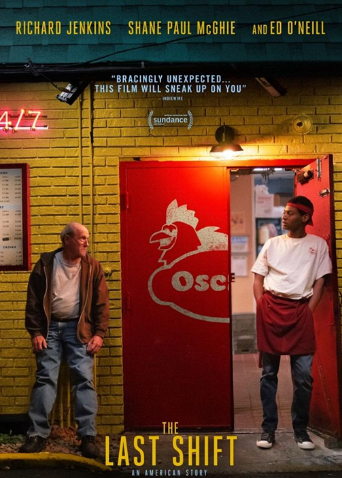欧美
欧美
回复 :一位记者发现一个乡下人很能侃,便把他带到电视台上镜,结果赢得了大批观众。但这位意外走红的电视明星并不就此满足,他有很大的雄心壮志,想要在政坛上发光发热。《码头风云》的编导再度合作,推出这部揭露媒体人物内心世界的作品。不过,这不是一部励志片。主演将小人物闯天下的内心刻画得入木三分。
回复 :大唐光宅元年,武则天迁都洛阳,途中必经之地金平县发生了“食蔓鬼”索命的诡异杀人案,大理寺寺丞狄仁杰和同僚奉命前来调查,却惨遭埋伏损失惨重,狄仁杰成了唯一的幸存者。几经波折后狄仁杰获得了当地捕快展风的信任,两人携手要在武后到来前查清命案,捉拿幕后黑手。在当地小神婆唐婉儿的帮助下狄仁杰逐渐靠近真相,然而令他未想到的是,这场预谋已久的“食蔓鬼”案件,竟然和当朝统治者还有着莫大的联系......
回复 :Jennifer Shannon (Lori Loughlin) has a gift for finding rare treasures hidden in garage sales that she can resell at her consignment store, Rags to Riches. But her keen eye for finding valuables also gets her involved in the criminal investigations that happen at the very second-hand sales she frequents. When Jennifer's friend and self-storage facility owner Martin (Michael Kopsa) turns up murdered-just hours after auctioning off an abandoned storage unit full of unique items to Jennifer-she is immediately pulled on the case as a key eyewitness. Working with Detective Lynwood (Kevin O'Grady), Jennifer helps single out a disgruntled customer as the prime suspect, while she and her business partner, Danielle (Strange), sift through boxes from the auction. As her husband Jason (Bacic) worries about her safety, Jennifer starts to get over her head when there is a break-in at her store, and a run-in with Martin's angry wife. Then, Jennifer and Danielle discover their new merchandise contains the sparkly evidence they needed all along to nail the surprising real culprit, and they must race to save a life-and put their own on the line.
